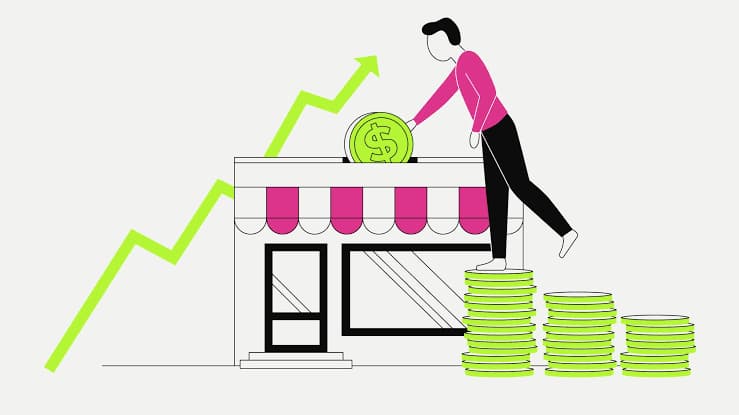Welcome to 2025, where the real estate game isn’t just about location anymore. It’s about lifestyle, adaptability, and meaning. The industry has been evolving quietly, but this year, we’re seeing clear shifts that signal deeper changes—not just in where people live, but in why and how they do.
The Hybrid Home: Not Just a Trend, a Standard
Forget the old “home office.” In 2025, homes are expected to wear many hats: workspaces, creative studios, wellness zones, and community hubs. Builders are responding with flexible layouts, modular interiors, and smart tech integration that isn’t just about gadgets—it’s about reducing friction in daily life. Think soundproof zones for Zoom calls, adjustable lighting tuned to circadian rhythms, and walls that literally move.
The Death of the Mega Commute
Cities aren’t dead—but their gravitational pull has weakened. Remote and hybrid work made many question why they lived hours from the ocean, the mountains, or even just a decent yard. As a result, mid-size cities and formerly “overlooked” towns are experiencing a renaissance. People want walkability and space. They want culture without chaos.
Ownership Isn’t the Only Goal Anymore
A quiet revolution is happening in how we think about owning versus using space. Fractional ownership, co-living, rent-to-own models, and flexible leasing are all gaining traction. The myth that owning a home is the only path to stability is being replaced by a more dynamic narrative: agency, not assets.
Tech Is Subtle Now (and That’s a Good Thing)
Gone are the days of flashy smart homes. In 2025, the best tech in real estate is invisible. It’s about energy optimization, seamless security, and data-driven neighborhood planning. Buyers care less about voice-controlled fridges and more about buildings that adapt to the environment, use sustainable materials, and cost less to operate over time.
Climate Resilience Is a Dealbreaker
No one’s ignoring the climate anymore. People want to know: Is this house fire-hardened? How’s the flood risk? Can this place handle 110-degree summers without a $900 electric bill? Real estate now lives at the intersection of architecture and ecology. Developers who ignore this are already falling behind.
The Emotional Market
Perhaps the most overlooked shift is this: real estate has become emotional again. After years of speculative investing, people are buying homes to live in them. To build around their values. To feel connected. The most successful agents, developers, and platforms in 2025? They’re the ones who get people—not just prices.
Bottom Line:
2025 real estate isn’t just about property. It’s about personal freedom, smart design, and conscious living. Whether you’re buying, selling, investing, or just dreaming—it’s time to rethink what home really means to you.






